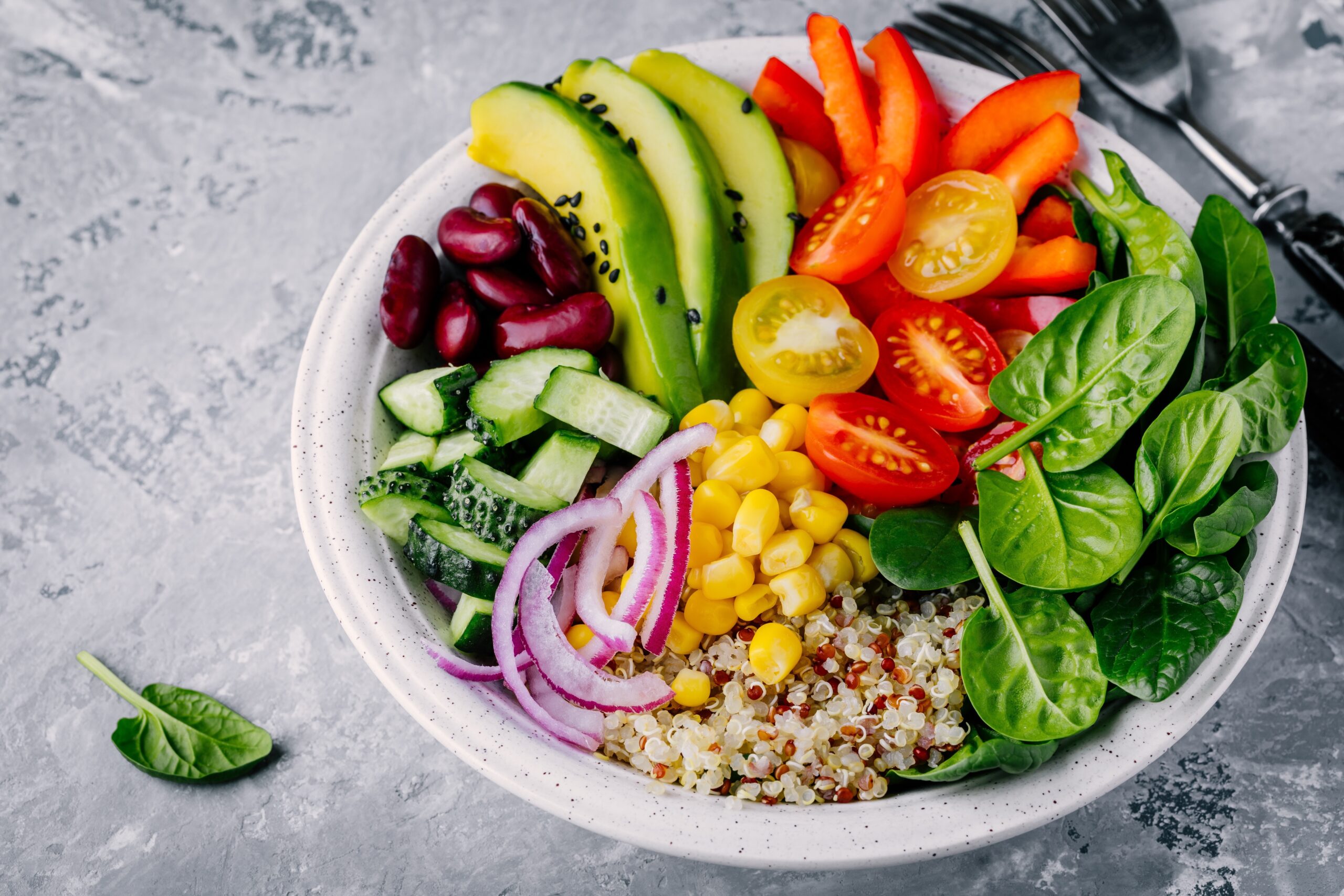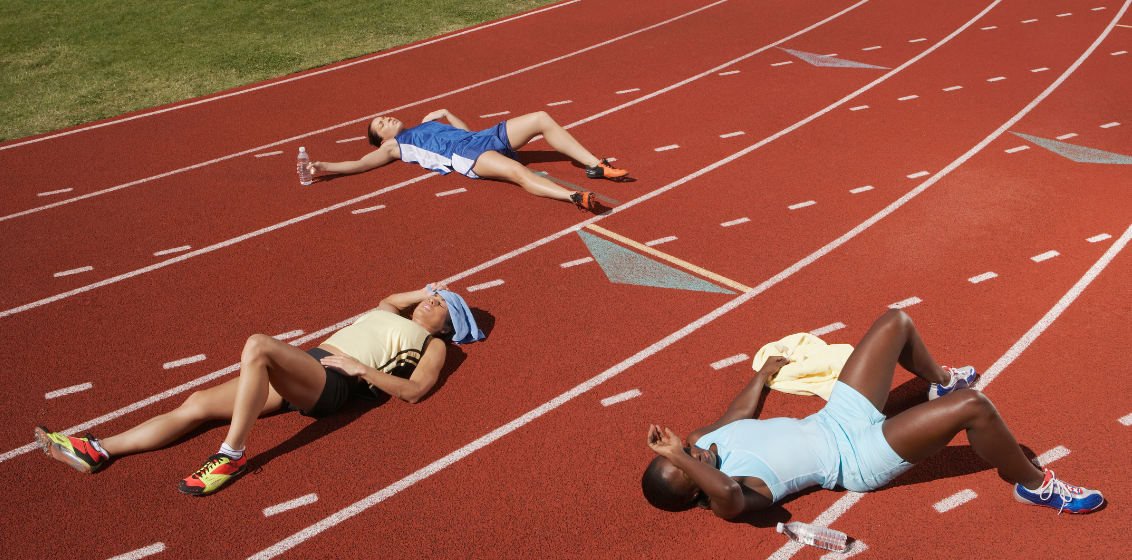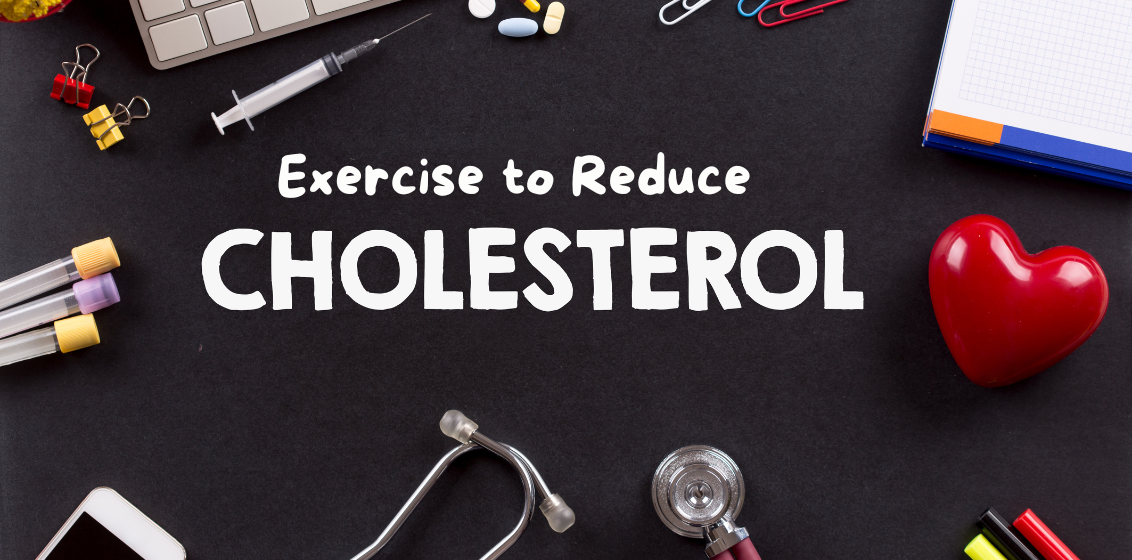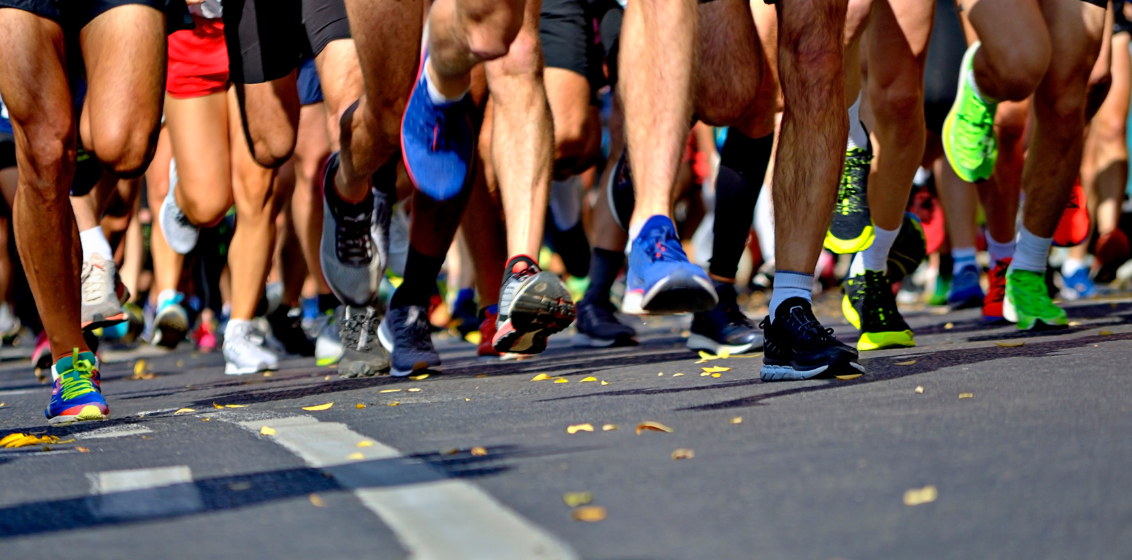Fun (Food) Facts for Fit Females: Part 2

We are back for Part 2 of our Female Athlete series and talking all things nutrition. Last week’s blog post touched on the importance of hormones on training. This week we look at how hormones can also influence what fuel your body needs to perform at its best and bust open some diet trend myths while we’re at it.
You are what you eat.
Carbohydrates provide the body with its primary fuel, glucose. Any excess fuel is stored in the body as fat which can be utilised as a fuel source at a slower rate than carbohydrates. When it comes to endurance athletes, women naturally have a greater capacity for burning fat at any intensity. This means the carbohydrate needs for women are considerably less than that for men.
However, the menstrual cycle can influence the amount of carbs required for exercise. This is where it gets a bit complicated so I’m going to summarise it for you. When you are in a high hormone phase (the time from Ovulation to the first bleed) your body requires more carbs to meet your body’s energy needs and to complete higher intensity exercise. Just another reason why its important to track your cycle.
There’s more to Protein than those meatheads with shakers at the gym! Protein is essential to help damaged and fatigued muscles recover after exercise. Did you know that Protein also acts as a fuel source in endurance athletes when carbs and fats have been depleted? The bad news is that the body does this by breaking down lean muscle. This highlights the importance of having adequate Protein in your diet not only for recovery but to maintain current lean muscle mass.
Women who resistance train need to consume 2g/kg of body weight per of Protein per day to meet their energy needs. Yes, that is a lot when you think about it and probably way more than you are currently eating. Women who calorie restrict (cross trainers) need to further increase their Protein to 2.3g/kg/day!
For women going through menopause, this is extremely important as the change in hormones directly results in reduced ability to maintain and build lean muscle. Resistance training and an increased Protein intake is necessary during menopause to maintain a healthy body composition.
In regard to recovery from exercise and those lovely shakes, women who are pre-menopausal or going through menopause need 40g of protein (1.5 scoops of protein shake) post-exercise for recovery and lean muscle building compared to only 20g of Protein needed by men.
Fad or Fab?
Intermittent fasting does not appear to be a smart choice for athletic women. There’s a gender gap in the research studies on this diet (huge number of studies on men) and the small number using women show that women’s metabolism reacts differently to fasting than men’s. Women’s metabolism slows down while men’s speeds up. The small amount of intermittent fasting research performed on women showed negative results for stress hormones and insulin and resulted in women gaining fat and having a negative effect on mental health. Similarly, diets like Ketoresulted in impaired glucose tolerance and fat gain.
I know I may have offended a few people here and I know many people have used the above methods to lose weight. Kudos to you! What I’m saying here is that you need to fuel your body specific to the goal you are trying to achieve. If you want to train to improve your running or athletic performance, best to avoid the diet trends and give your body the nutrition it needs to power you better and promote your recovery.
Nutrition is relevant to us as Physiotherapists because if you are not fuelling and recovering properly you are putting yourself at risk of injury, and without the right fuel you reduce your ability to recover from injury. Your best bet for more information is to see an Accredited Dietician who is best qualified to prescribe a customised eating plan to meet your individual needs.



